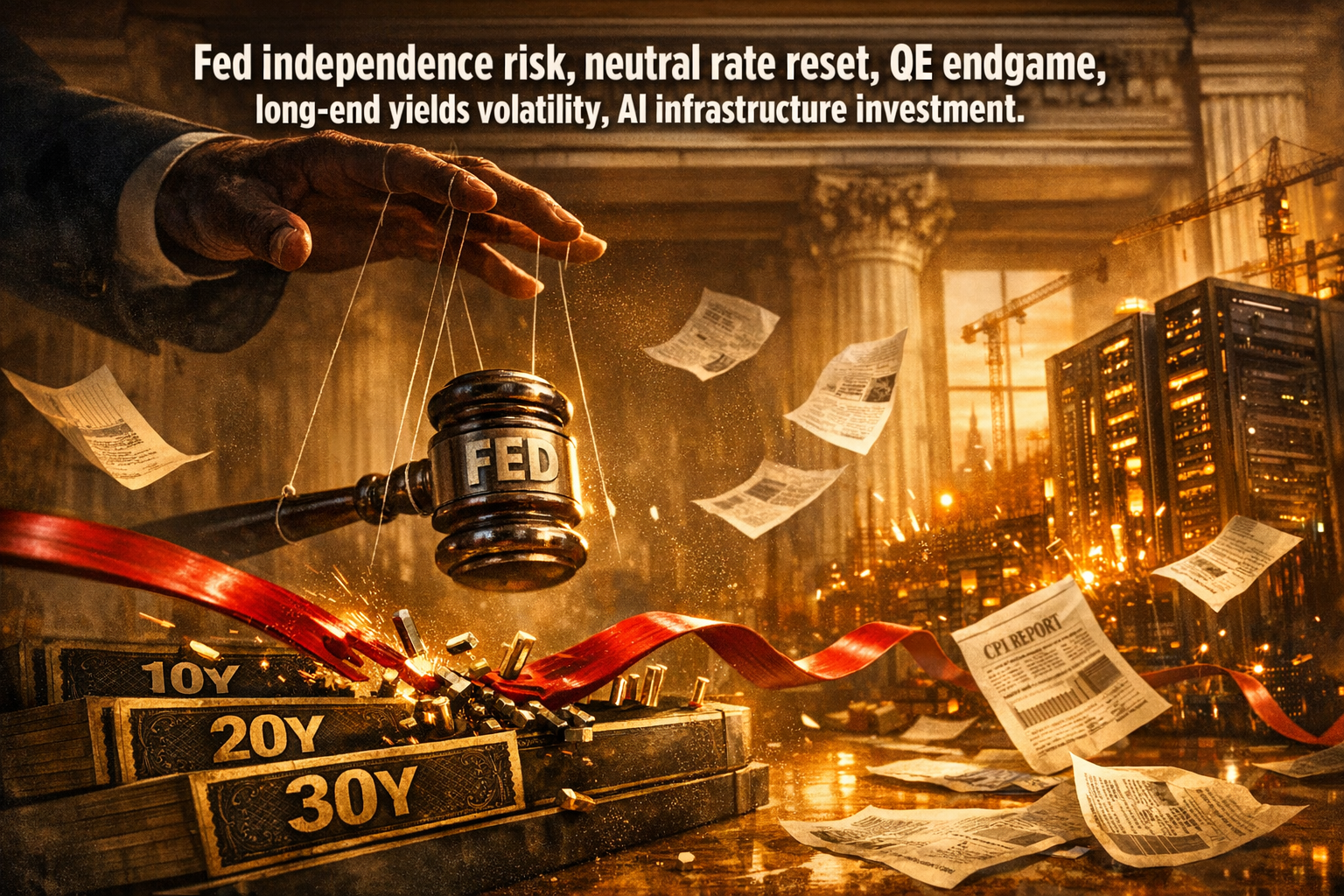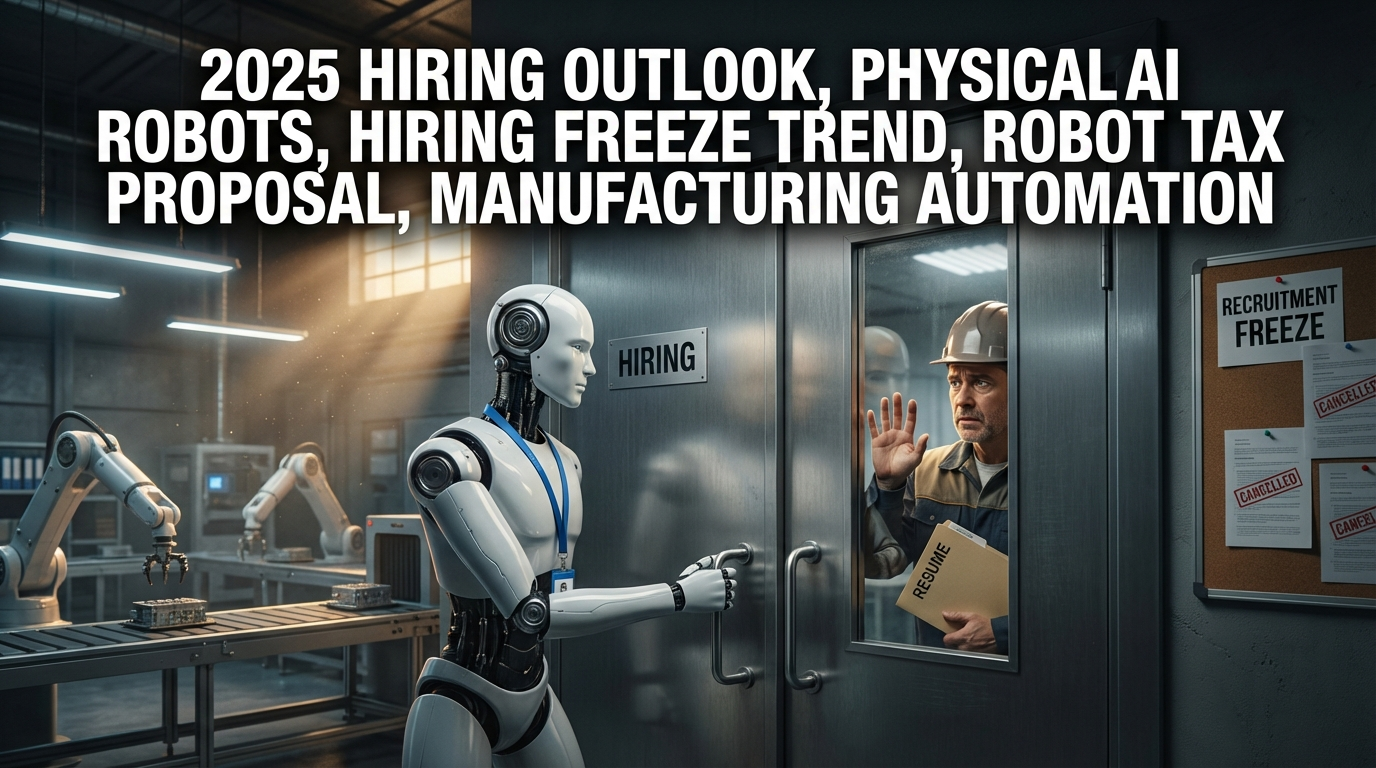● Microsoft AI Investment – Scaling Back?
Latest Updates on the Microsoft Data Center Investment Cancellation Controversy Heating Up Wall Street
1. Issue Origin – Data Center Investment Cancellation Rumors
Rumors of Microsoft canceling data center investments and adjusting contracts have emerged on Wall Street.
Concerns about investment reductions in certain regions have surfaced due to the leaked TD Cowen memo.
Fears are growing that this could negatively impact Big Tech’s AI investments.
Additionally, Microsoft CEO Satya Nadella’s remarks on a podcast regarding AI investments were somewhat cautious.
2. Nadella’s Remarks and Shift in Tone
In a podcast interview, Nadella stated, “AI is positive, but we will invest gradually according to demand.”
Unlike the previous proactive tone, he is now emphasizing the supply and demand balance and approaching things calmly.
This is interpreted as a temporary adjustment of short-term capacity (computing power) related to data center investments.
3. Official Statement & Roadshow Status
A Microsoft spokesperson stated, “Strategic pace adjustments and infrastructure adjustments are possible, but strong growth will continue in all regions.”
Mentioning infrastructure spending plans of over $80 billion this fiscal year, they clarified their commitment to expanding investments to meet customer demand.
During the roadshow in Australia, major investors were reassured that there would be no changes to the data center strategy and reaffirmed the long-term investment decision based on cloud and AI demand.
4. Further Analysis – Supply Chain Delays and Global Investment Trends
According to the TD Cowen report and analyst Lee Young-jin’s analysis, the investment regions where cancellations occurred were already delayed due to power and supply chain constraints.
Microsoft is expected to remain in a short-term adjustment phase, with no impact on the expansion of AI infrastructure investments.
With other Big Tech companies such as OpenAI, SoftBank, and Chinese Big Tech actively investing in AI, the global economy and data center investment trends are expected to remain solid.
5. Global Investment Outlook and Final Conclusion
Global companies such as Alibaba and Apple are also accelerating AI investments and building their own data centers.
Financial capabilities such as Façex and increased free cash flow support the expansion of investments.
In conclusion, this data center contract cancellation issue is only a short-term adjustment, and the trend of expanding cloud and AI investments is expected to remain unchanged in the medium to long term.
From the perspective of the global economy, AI investments, data centers, Big Tech, and economic outlook, this event can be interpreted as a fine-tuning stage of investment strategy.
Rumors of data center investment cancellations have emerged on Wall Street, but
it has been concluded that there is no need to worry too much through CEO Nadella’s cautious remarks and official statement.
The investment expansion moves of the Australian roadshow and global Big Tech companies support this, and
it is expected that the medium- to long-term investment strategy will continue to be solid, with only a short-term capacity adjustment process.
[Related Articles…]
Microsoft Strategy Analysis
Data Center Investment Outlook
*YouTube Source: [내일은 투자왕 – 김단테]
– 마이크로소프트 AI 투자 축소 의혹에 대한 팩트체크

● TARIFF WAR: HIDDEN AGENDAS REVEALED
Latest Global Economic Outlook: In-Depth Analysis of Tariff Hikes and Trade War Developments
[1] U.S. Tariff Hike Announcement and Responses from North American Countries
Following the U.S. Trump administration’s announcement of tariff hikes, major North American countries like Canada and Mexico are responding strongly with enhanced border controls and the execution of a ₩2 trillion border strategy.
This movement emphasizes that it is not a simple trade issue but an economic protection policy underway amid concerns about border management and illegal immigration.
Economic outlook experts are paying attention to the repercussions of this measure as one of the U.S.’s trade war strategies on the global economy.
Key Words: Economic Outlook, Tariffs, Global Economy, Trade War, Market Analysis.
[2] Strategic Responses from Latin America and Other Countries
The Ecuadorian president’s announcement of a 27% tariff is increasing tensions with countries like Mexico, which are in free trade negotiations.
Tariff increases will ultimately lead to higher prices for imported products, raising concerns about the burden on consumers.
Accordingly, India is signaling strengthened trade relations by lowering import tariffs in response to the U.S.’s protectionist threats.
In the global discussion about economic outlook and trade wars, each country’s response strategy is acting as an important variable in global market analysis.
[3] Historical Background and Long-Term Impact of Tariff Hikes
During the U.S. Great Depression in the 1930s, there was a case where economic relations between the U.S. and Japan drastically changed due to a sudden tariff increase during active trade between the two countries.
This historical precedent suggests that the current Trump administration’s tariff policy is not just simple protectionism but a means of strategic negotiation.
Experts warn that while tariffs can function as an economic protection policy in the short term, they can lead to side effects such as conflicts with trade partners and increased consumer prices in the long term.
[4] Comprehensive Perspective: Looking at the Global Trade Environment from Various Angles
Conflicting policy changes and negotiation strategies of various countries such as the U.S., Canada, Mexico, Ecuador, and India are having a profound impact on each country’s border management and trade relations.
These multifaceted movements go beyond simple economic protection policies, presenting a significant inflection point in the global economic order and market competitiveness.
As complex factors that are difficult to grasp from news reports alone are at play, it is important to comprehensively analyze various primary data and expert opinions in depth.
Economic outlook experts re-emphasize the uncertainty of the global economy, the risk of trade wars, and the importance of market analysis through this situation.
< Summary >
The U.S. Trump administration’s tariff hike is triggering strong responses from major countries such as North America, Latin America, and India.
Canada and Mexico are responding through strengthened border management, and Ecuador announced a 27% tariff to protect its domestic market.
As in historical cases, tariff hikes act as a risk factor that can have short- and long-term impacts on economic relations with trade partners.
Amid the uncertainty of the global economy, strategic changes in each country are acting as important variables in market analysis and economic outlook.
Key SEO keywords such as economic outlook, trade war, tariffs, global economy, and market analysis are very helpful in understanding this issue.
[Related Articles…]
Impact of Tariff Hikes
Current Status of the U.S. Trade War
*Source : [타일러 볼까요?] 관세 전쟁은 왜 하는 걸까? | 트럼프 관세 정책 뒤 숨은 의도들



